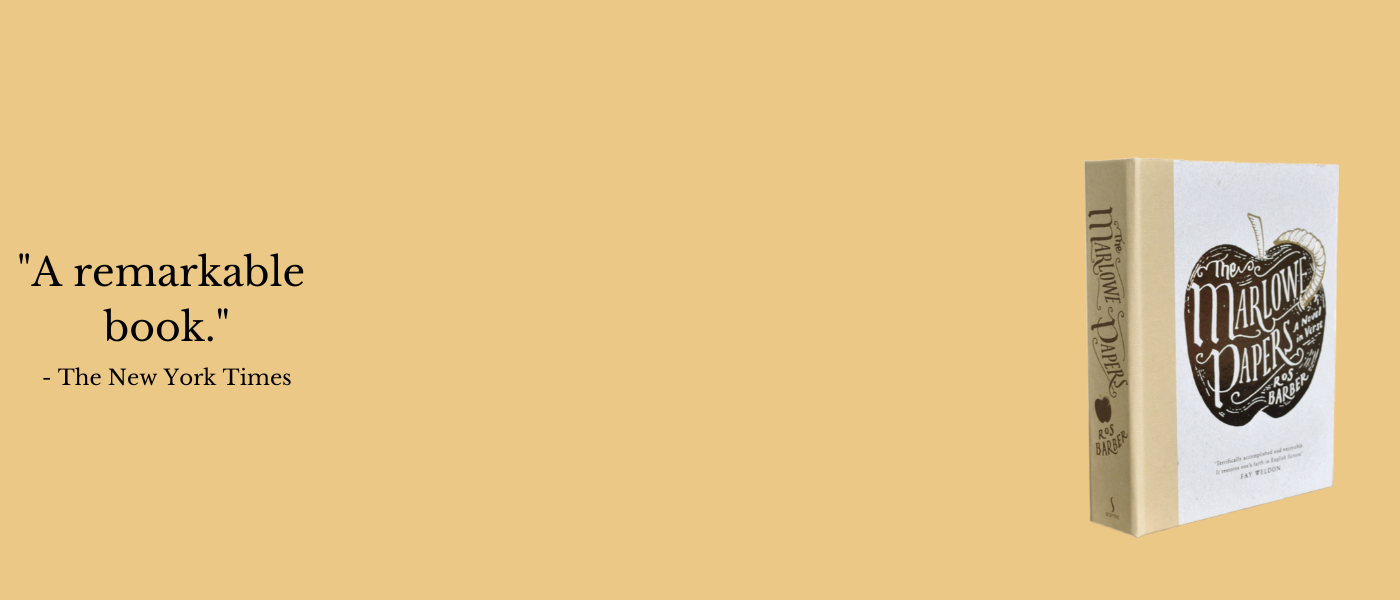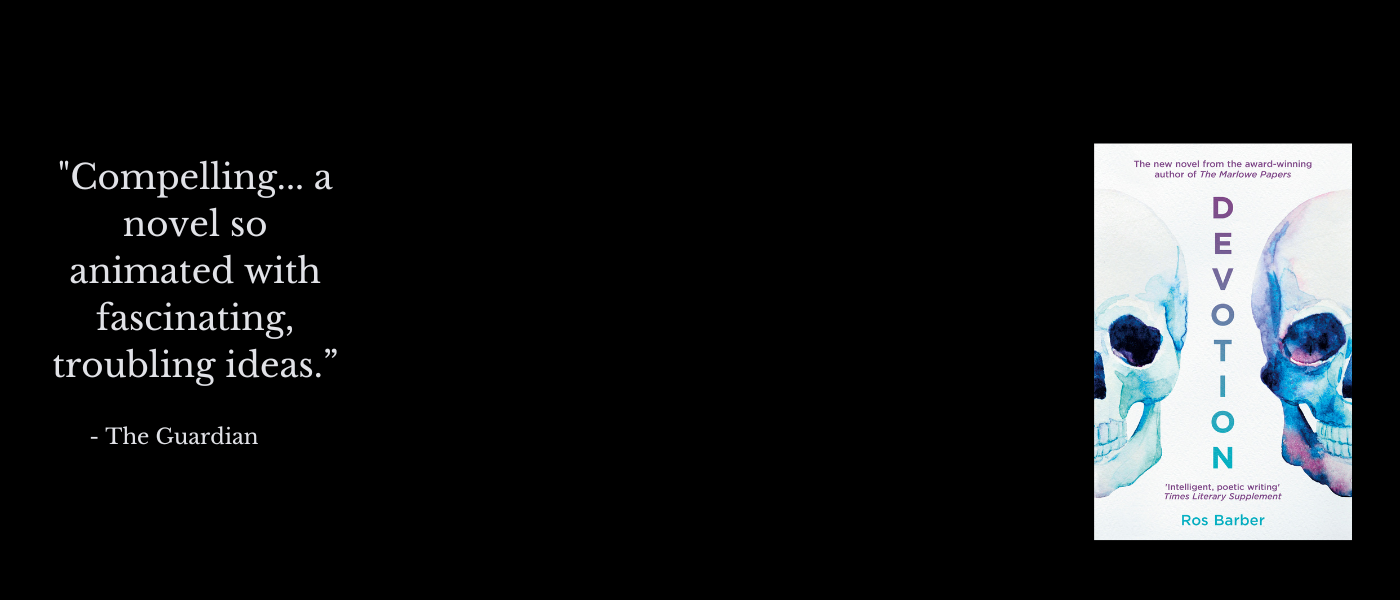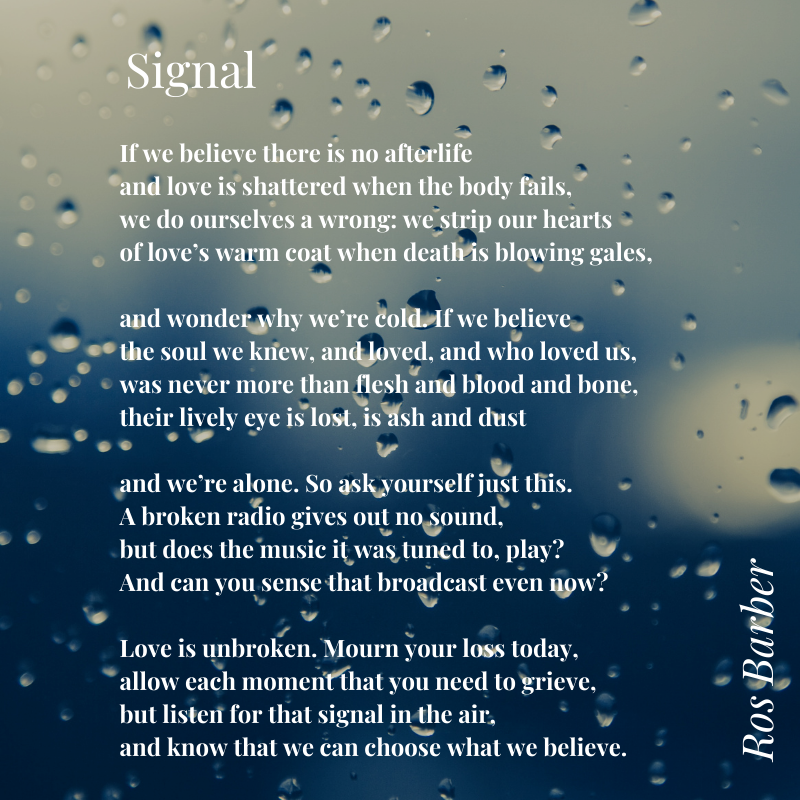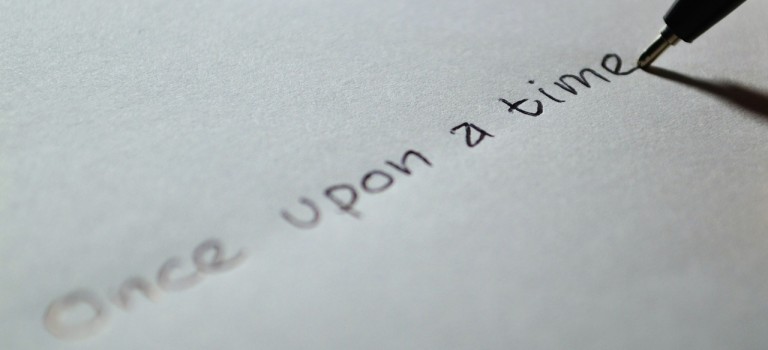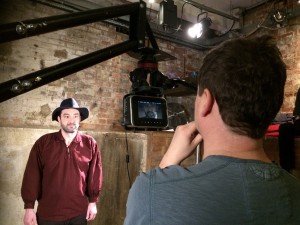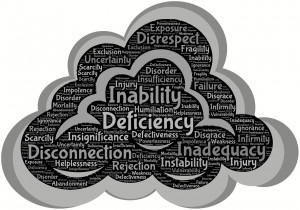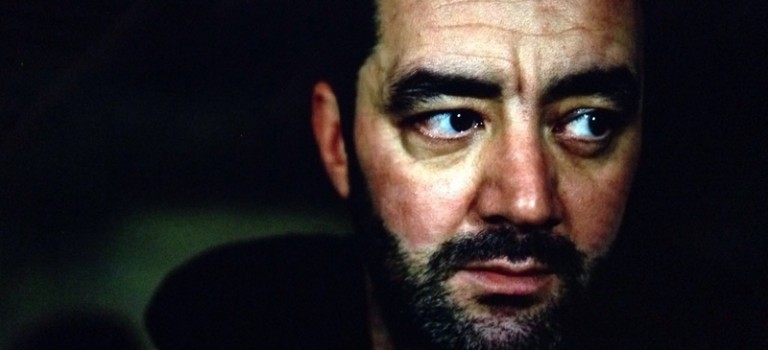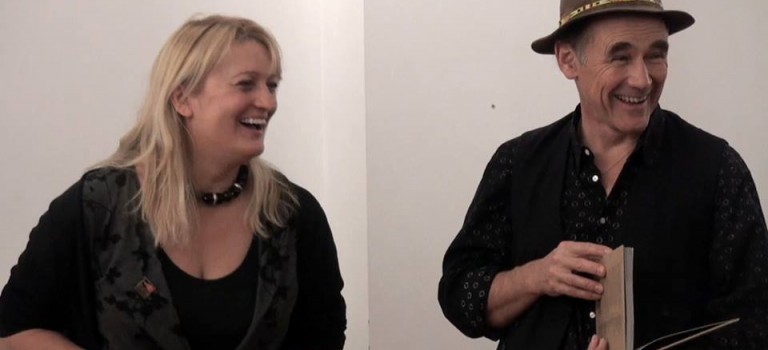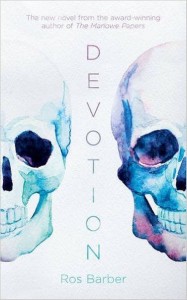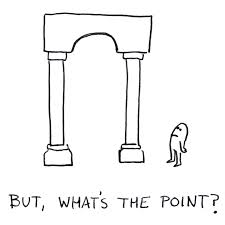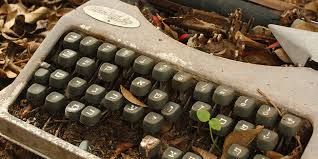

One morning you wake up and you think,
Okay, enough is enough. I am going to do the thing that scares me. I am going to ask for help.
You hate asking for anything. But especially help. You have spent years being strong and capable. The times you asked for help and were refused (way back in the last millenium, when you were struggling to cope, alone with three small boys) hurt so deeply that you swore never to ask anyone for help again. You are a very strong and capable woman. You tile bathrooms. You build websites. You construct furniture. You help other people for a living. You don’t ask other people to help you.
But ten weeks ago you made a commitment to stop hiding the fullness of who you are. To have the courage to tell the truth: not The Truth, because you know there are many truths, but your truth, even though you know that will make you vulnerable. You have read Brene Brown. You recognise that vulnerability is a form of strength. So today, you will overcome your fears and ask for help.
If that isn’t scary enough, the kind of help you must ask for is money.
Money: society’s greatest measure of success. You know that if you tell the world that you are struggling financially, despite all the things you have achieved, and won, and been awarded, some people will conclude you are a failure. But that is the form of help that is required; the thing that will genuinely take the pressure off you, so that you can focus on what you’re good at: writing. Maybe there are some people out there who can see the value of your writing, and who like it enough that they could spare a dollar a month (84p inc VAT) to help you focus upon it. So you set up a Patreon account. You discover that Amanda Palmer has enough Patreon supporters to provide her with $36,000 a month (strictly speaking, per ‘thing’ at about one ‘thing’ a month). You are nowhere near as popular or successful or well-known as Amanda Palmer, but nor was Amanda Palmer before she started asking for help. You don’t need anywhere near as much financial support as Amanda Palmer gets. It is worth a try.
You eat the frog. You e-mail your friends and family, to let them know about the Patreon account. Five of them become patrons, which is lovely, and you thank them. Another one turns up the next day (when you are at work in London) with bread and cheese and teabags. Your husband calls to ask you why your friends are turning up on the doorstep with food parcels. It is sweet, but also embarrassing, because you are not on the breadline. You are not a charity case, any more than Amanda Palmer is a charity case. More embarrassing than the food parcel, the wealthiest person in your family (an actual millionaire) writes you a lengthy text to explain why he cannot spare 84p a month. It makes you squirm inside, and wonder how much he spends on coffee, which is none of your business. It reminds you how much you hate asking for help. You would have vastly preferred silence.
You think maybe people don’t understand why you are asking. So the next day, you write a post on your blog explaining why you have been reduced (and that is the way you think about it) to asking for patronage. You explain that even writers who have had considerable success (as you have) make far less from their books than is commonly assumed. You share the link on social media, and get on with your day.
Then something extraordinary happens. People love the article. They appreciate the honesty about author earnings. The link is widely shared. 5000 people read the article on the first day, and by the end of the week, 10,000 people have come to your website to view it. That’s as many people as would normally come to your website in a whole year. Three become patrons, and you are deeply grateful to all three of them. (But let’s face it, it’s not looking good for the Patreon idea. Three patrons out of ten thousand readers is a conversion rate of 0.0003%.)
People comment on your article. Like the friend who brought the food parcel, some of them offer something you didn’t ask for. They offer advice. If money is what you want, they say, you should self-publish. Self-publishing is the answer to low author incomes. You answer their comments, explaining why you don’t think self-publishing is a solution to your problems, especially as a novelist who writes literary fiction. But the same advice keeps coming. So you decide your next blog post will be about that: why self-publishing isn’t the answer for you.
Then something brilliant happens. On Tuesday the books editor of The Guardian gets in touch. The Guardian! Your favourite newspaper! (Even though the Guardian review of your first novel was the only bad one it got. At least the Guardian review of your second novel made up for it). The editor says they enjoyed your piece about author earnings, and would you like to do a follow-up piece in the Guardian books blog? Maybe about why you won’t self-publish your literary fiction, because you made some interesting points about that in the comments? They will even pay you. (Not much, but something! You asked for money. Here comes some money.) You say yes, of course, brilliant, you were going to write about that next anyway. When do you want it? Not soon, you hope, because you’re going away for the weekend for your husband’s birthday weekend in a couple of days and you have a pile of student marking to do. They say by Monday please. (Which means by Thursday, because you’re going away for your husband’s birthday weekend). You say you’ll do everything you can to squeeze it in. (The Guardian!)
This is a great opportunity. Here comes the next fear. What if I fuck up?
Okay, you think, you can do this. They like what you wrote before, so you just have to write like that again. You have to tell your own truth just the way you would on your blog, forgetting this is for The Guardian, because that will only make you nervous, and if you are nervous you will fuck up. So to keep yourself relaxed, you write it as an unpublished post on your own blog. It still feels a bit scary when you are writing it, but only a little bit. Some people might not agree with what you write, but it is just your opinion, based on your experiences. You are not laying down the law, just saying how you see things. You try to keep it sharp and funny. Because of the student marking, you don’t finish it before you have to run off to meet your husband and daughter at the Eurostar terminal with your £29 winter sale bargain tickets tucked in your computer bag. You try to write it on the train but you get motion sick. You finally finish it on Saturday morning, at the kitchen table, using headphones to block out other people, which is to say your beloved husband, who wants to go out and enjoy a city he hasn’t visited in ten years, and especially your daughter, who keeps asking “when will you be finished?” Suddenly worried it might be a damp squib after the last one, that it might be so bad they won’t even publish it, you press Send. Writing never seems to get any easier; any more certain. You try not to worry about whether it is okay for the next forty-eight hours.
On your husband’s birthday it goes live. It has been edited. Some of your words have changed. The heading and subheading are not yours at all, and not quite the way you would have put them: you wouldn’t say ‘poverty’, for example. You are not in ‘poverty’, very clearly, because you are in a beautiful apartment in beautiful Paris. Yes, you are here thanks to credit cards, and Christmas optimism, and your father-in-law’s generosity… but ‘poverty’ sleeps in shop doorways. You guess ‘massive debt’ doesn’t have such a poetic ring. Never mind. Money always comes unexpectedly when you most need it. And look what is happening. The Guardian! Life is wonderful. Everything is heading in the right direction. You go out for the day with your family, take your daughter to the top of the Eiffel tower for the first time, and for a boat trip along the Seine at dusk.
When you return to the apartment’s WiFi, there are a lot of complimentary tweets and messages. People mention that the comments section is getting lively and you know what that means. You avoid ‘below the line’ discussions as a matter of course. There’s no way you’re going to read the comments on your own article. You’re not some kind of lunatic.
Though part of you feels ridiculous because the article’s headline claims you are in poverty, and you are actually, right this minute, opening a bottle of champagne. You didn’t buy the champagne. The owner of the AirBNB apartment you are renting, Marie, another writer and the classiest woman you know, bought the champagne for both of you as a gift, because she knew it was your husband’s birthday. This is the universe’s way of letting you know that you are loved and blessed beyond measure. You take a picture of the birthday spread. (You are eating in, to save money. Your husband’s birthday meal is a ridiculous combination: reheated ravioli, and champagne.) You cannot share the picture on social media, because you’re in Paris drinking champagne when you’re supposed to be poor. People would be angry about that.
But people are angry anyway. You expressed an opinion some of them didn’t like. Your biggest mistake, it turns out, was using ‘you’ as the indefinite pronoun. The article was about you, your experiences and opinions, but because you didn’t want it to be full of the word ‘I’, and ‘one’ seems too awkwardly posh and ‘a person’ is ridiculously formal, you used ‘you’ in your subheadings. People tell you that your use of ‘you’ was provocative. Because you used ‘you’, some people think you mean them. In fact, they are sure you mean them. You’re a writer, they say, you know how to use language and you knew full well what you were doing. It reminds you of when you were 21 and temping at the Alliance and Leicester Mortgage Advance department, and one of your duties was answering phones to people who shouted into your ear “You told me it would take two weeks EIGHT WEEKS AGO!” and even though you weren’t even working there eight weeks ago and hadn’t told them anything, you experienced their frustration as a personal attack and would go home every night and cry.
Writers are sensitive creatures. Self-publishing, as it turns out, is a sensitive topic. Some ‘Indie authors’ believe you have attacked the practice of self-publishing as a whole, rather than expressing your personal reasons for not self-publishing literary fiction. (You are not against self-publishing. You self-publish two non-fiction books). Because you have said self-publishing can make you act like a fool (you give the example of endless self-promotion on Twitter), some people think you have called all self publishers fools. They miss the nuance of ‘can’. Your husband tells you (fondly) that you are an idiot, because that was obviously going to happen if you put ‘self-publishing’ and ‘fool’ in the same sentence. The word you had originally used was ‘twat’. You can’t decide if ‘twat’ was better or worse than ‘fool’. You consider it jocular, but other people might find it more offensive. Twat or fool, you regret not having more time to sit on the article before sending it; more time to realise for yourself how some people would read that sentence.
Not reading below the line doesn’t save you. After winding each other up into a frenzy of rage about this perceived attack on themselves and their choices in the comments section of the article, the angry people seek you out. On your website, on Facebook, but mostly on Twitter, because that’s where you hang out for fun.
You are accused of ‘eviscerating’ self-publish[ing/ers], by people who attempt to eviscerate you for “your rude, belittling music metaphor.” You’ve never been attacked for a metaphor before. They mean that part where you compared literary fiction to opera. You were trying to say it’s unpopular; it has limited appeal, a small market. Jesus, you don’t even like opera. You like Taylor Swift. You remember reaching for that metaphor under pressure on Saturday morning, and thinking literary fiction is like… what… bluegrass? jazz? what? and then remembering Will Self had compared it to opera and thinking that would have to do, because you really needed to give your attention to your husband and daughter; it being the weekend, and your husband’s birthday weekend, and them seeing little enough of you as it is.
Probably because of the opera metaphor, you are called an elitist and snob. You, a person who feels inadequate for being schooled at an Essex Comprehensive, who makes basic errors of grammar, and who has to Google which/that every time you use them. You are called an attention grabber, an egotist, and a failure. You are told that your ‘facts’ are woefully out of date, even though you didn’t really use any facts (because it was an opinion piece, not a factual piece), except for the 90:10 marketing to writing ratio supplied to you by two self-publishers on your original blog piece. You trusted that they knew what they were talking about. The funniest tweet that comes out of your being outdated (unquestionably true; your offspring would concur) is “The 90s called and asked for your background research. ;)” You gave that one a ‘Like’.
For the first time in your life, you are called a cunt. The impact is slightly softened by the fact that the person who calls you a cunt goes by the Twitter handle ‘Angel Medium’.
Three days on, you are back home, and it is still happening. A few people are coming to your defence, which is heartening. Actually it is people coming to your defence that brings tears to your eyes, so you shut Twitter down for the day.
You walk the dog. It is one of those mornings where, even though you are deep in thought, strangers come up to you, engage you in conversation about the dogs, laugh with you. It’s like the universe is putting its arms around you and hugging you. Letting you know: no matter what is happening on social media, you are loved. And that people on the whole are good, and kind.
After staying calm and polite through the barrage of people’s fury and misunderstanding, it is people’s kindness that makes you cry.
You decide to write this, and post this, even though the angry people will come here too.
